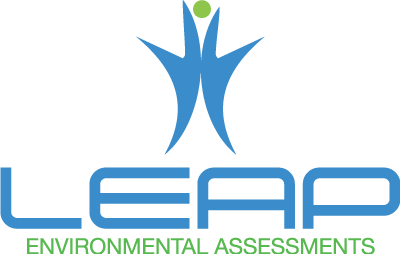What is mold?
Mold is a type of fungi that produces tiny spores to reproduce. These spores travel through both indoor and outdoor air, but require a moisture rich environment to start growing.
How do I know if I have a mold problem?
The most common ways to determine a mold problem is by sight and smell. Looking for discoloration in areas where moisture is present (under sinks, around refrigerators, basement walls, bathrooms, etc.). However, mold can produce compounds known as microbial volatile organic compounds (mVOCs) which often produce an unpleasant wet and musty odor that can be detected before any visible evidence of mold appears.
Why is mold growing in my home?
Mold is continuously floating through the indoor and outdoor air. It doesn’t cause issues until the mold spores find a moist environment. If mold is growing in your home, then the moisture level in your home is too high, possibly due to high humidity, or a water leak.
Is there a difference between mold and mildew?
Mildew is a specific type of mold that grows on surfaces but typically does not penetrate into the surface material. While mildew doesn’t usually penetrate surfaces, it is still important to remove it with a good household cleaner as soon as it is detected.
Can Mold cause health issues in people?
Mold spores can be found in both indoor and outdoor air and usually is not a problem. However, if the mold starts to grow due to a moisture rich environment, then it can produce allergens, irritants and potentially toxic substances. When this happens, even non-allergic people can start to experience irritated eyes, skin, nose, throat and lungs.
If it is determined that I have an unhealthy amount of mold in my home, what can I do to remove it?
While it is impossible to completely remove all mold from an environment, it is important to not only remove the exiting mold, but to also determine the reason the mold grew in the first place. Mold requires a moisture rich environment to grow. This can occur for various reasons, such as water leaking from pipes, or a hole in the exterior of your home. Once the reason for moisture entering the home is fixed, cleaning the existing mold can be done by the home owner or a specialist (depending on the size and location of the affected area). You can visit the EPA website (https://www.epa.gov/mold/mold-cleanup-your-home) to help determine if a specialist is required.
Should my house be tested for lead?
If your house was built before 1978 or if you or someone in your household was diagnosed with lead poisoning, then your house should be tested for lead.
What should I do if I have lead-based paint in my home?
A certified risk assessor should be contacted to help determine whether abatement (complete removal) is required or if continued maintenance is sufficient. If abatement is decided, then be sure to hire a trained and certified abatement contractor.
Can lead be in my drinking water?
Water utility companies are required to periodically test for lead in the water that they provide to their customers. Even though water is tested at the water plant, lead can be introduced into the water through the pipes lead into your home, or even the pipes in your home. Homes built before 1986 are more likely to have lead pipes, use lead-based solder or have fixtures made of lead.
What is the difference between a Home Inspection and a Home Environmental Assessment?
Most people are familiar with a home inspection, an inspection that is typically completed during the process of purchasing a home. A standard home inspector’s report will cover the condition of the home’s heating system; central air conditioning system (temperature permitting); interior plumbing system; electrical system; the roof, attic and visible insulation; walls, ceilings, floors, windows and doors; and the foundation, basement and structural components. However, very often, a home inspector will not check for environmental concerns such as site contamination, mold, asbestos, lead, or other problems that do not have visual cues. While the traditional home inspection will help ensure your home is a safe place, completing a home environmental inspection will help ensure your home is a healthy place. Inspecting for these problems properly requires specialized training and the performance of specific lab tests. We strongly urge home buyers to consider conducting a home environmental inspection in conjunction with the traditional home inspection. Our menu of services can meet that need.
